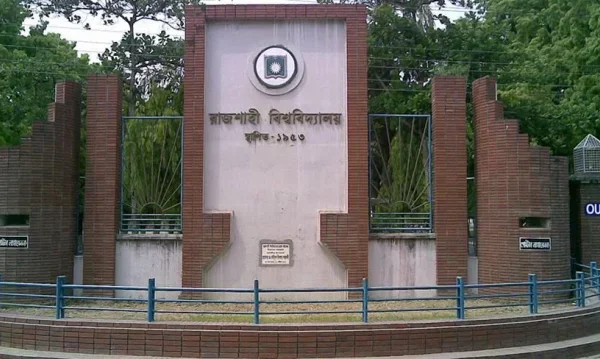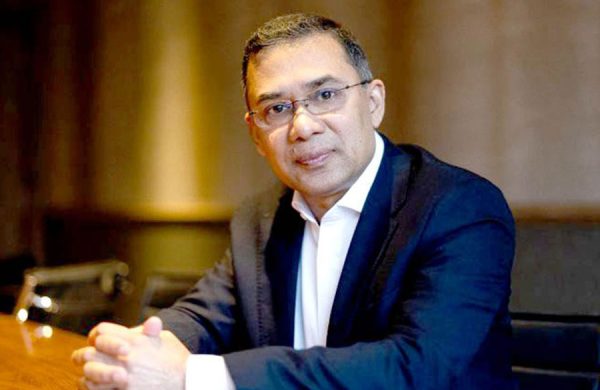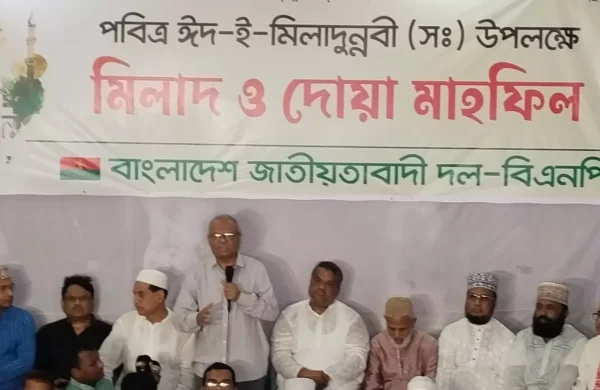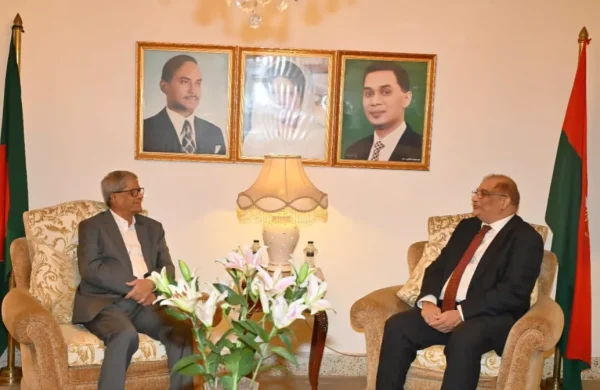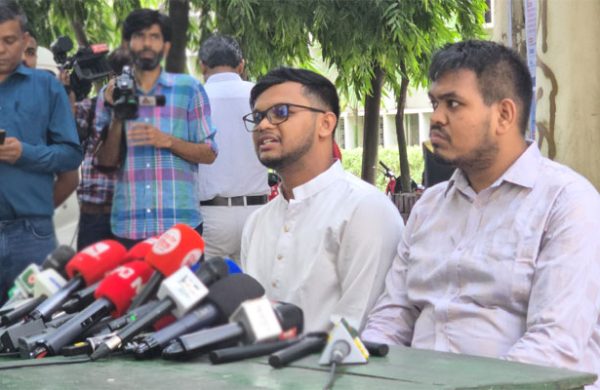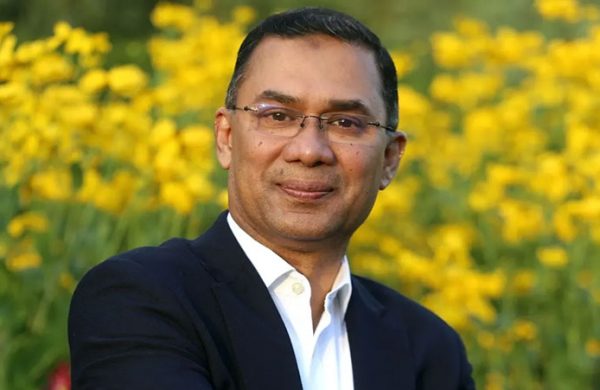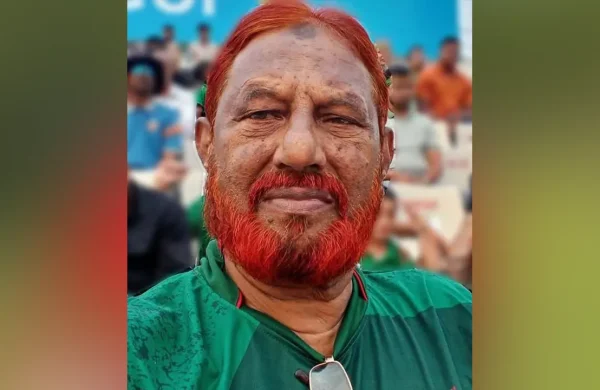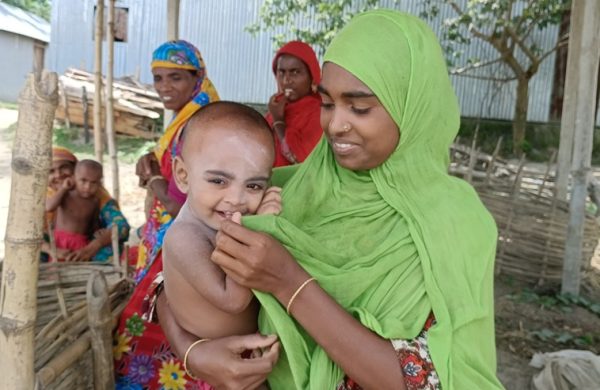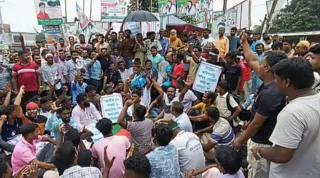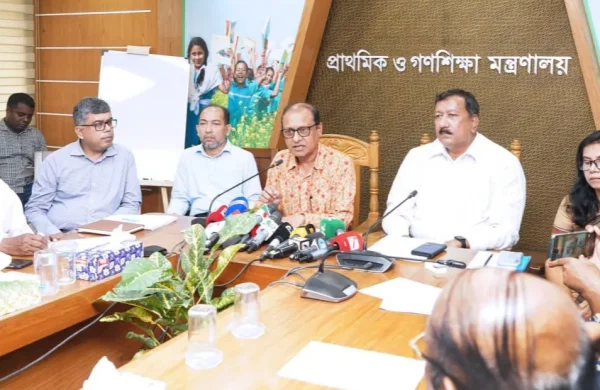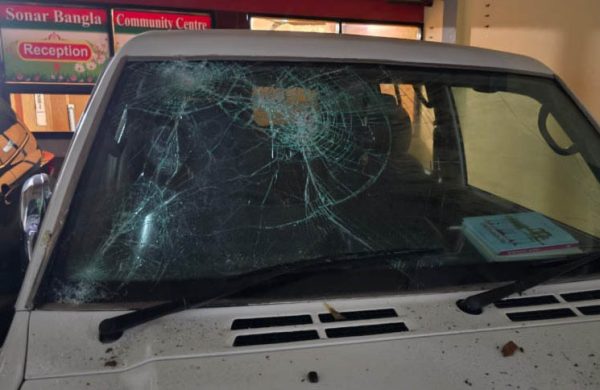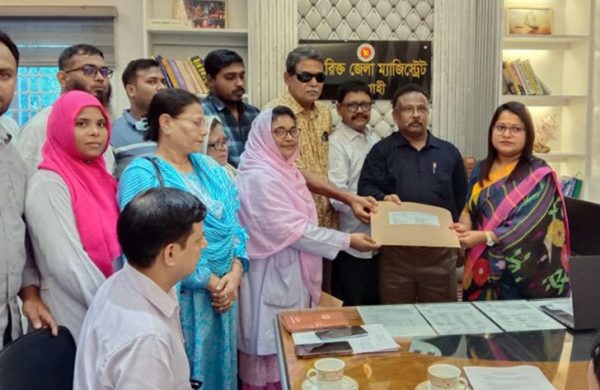‘No job unless you’re a rukn’: Rizvi accuses IFB DG of political bias
- Update Time : Saturday, August 16, 2025
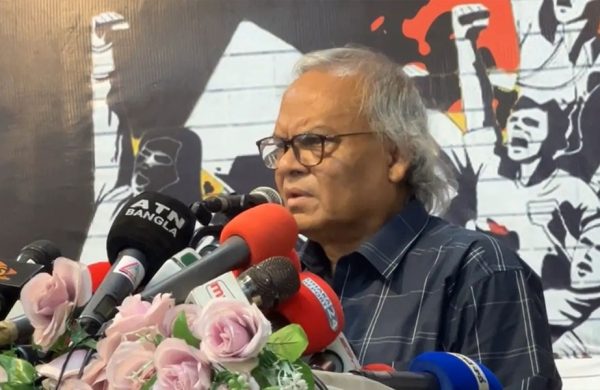
Staff Correspondent:
BNP Senior Joint Secretary General Ruhul Kabir Rizvi has accused the Director General of the Islamic Foundation Bangladesh of pressuring its staff members to become top ranking cadre of an Islamist party.
“I heard the DG tell his staff — if you don’t become a Rukn, you won’t keep your job,” said Rizvi bringing the explosive allegation during a discussion and prayer session held at the National Press Club on Saturday (August 16), organised by Dhaka College alumni to commemorate the martyrs and injured of the July-August mass uprising and the fall of the autocratic regime.
Speaking at the event, Rizvi questioned the politicisation of state institutions, particularly religious bodies. “Wherever we go today, we see people from one particular organisation entrenched in positions of power,” he said. “Who is the DG of the Islamic Foundation? Officials say he’s a man from a specific party. Is he serving the nation, or is he advancing the agenda of his political organisation?”
He went on to claim: “I have personally heard that the DG told his officers and employees that unless they become Rukn, they would lose their jobs. I am not fabricating this. This is what has been reported to me, and I stand by it.”
In the cadre system of Jamaat-e-Islami, the highest-ranking members are known as “rukn”, a term that literally means “pillar” or “column” in Arabic. The other ranks are “associate member” and “supporter”.
“Is this the democracy for which Ahnaf, Mughd, Abu Sayeed, Wasim, and so many others laid down their lives in police firing under Sheikh Hasina’s rule? Did they open their shirt buttons and face bullets so that religious institutions could now be used as tools of political coercion?” asked Rizvi.
Rizvi condemned what he described as the revival of authoritarian practices under a new guise. “Sheikh Hasina once said, ‘If anyone protests, arrest them, file cases against them.’ Today, I see a new spirit emerging – one cloaked in religion. Now it’s being said: ‘If you’re not a Rukn, you won’t get a job.’ Is this why over 1,500 youth, students, workers, and rickshaw pullers sacrificed their lives? Did they die so that the same misrule, corruption, looting, extortion, job trading, and educational racketeering, could return in a new form?”
He questioned the timing of such statements, noting that no election has yet taken place. “Power has not been decided. The people haven’t voted. So why are these signals being sent now? Why must we hear such threats in government offices? People are coming to us, asking: ‘What will we do? If we’re not members of that party, will we be removed from our posts?’”
Rizvi added: “Even though Sheikh Hasina has fled the country, her ghost, her political culture, is being resurrected in a new form, infused with religious rhetoric. The youth did not give their blood for this.”
He iterated the BNP’s core demand: a neutral, democratic system where the people freely choose their government. “We have fought for a democracy where voters decide who comes to power. That is why we’ve endured so much struggle and sacrifice. That is why students and young people have shed so much blood. The people do not want one individual with one ideology to leave, only to be replaced by another with a different name but the same mindset.”
Rizvi warned of a broader pattern of political engineering, particularly in education. “This same mindset is now being imposed in major universities. Appointments, teaching positions – all are reportedly conditional on loyalty to a certain group. Without their approval, no one can get a job. This is not just nepotism; it’s a deep, systematic conspiracy to create a one-party, one-ideology state.”
He stressed that such a vision contradicts the legacy of BNP’s leaders. “Begum Khaleda Zia did not endure 16 years of suffering to see this. Acting Chairman Tarique Rahman did not lead a nationwide resistance for this. We will not allow Bangladesh to be turned into a monolithic, authoritarian state under religious pretence.”
The event was presided over by Mir Sarafat Ali Sapu, president of the organising body, and attended by BNP Standing Committee member Dr. Abdul Moin Khan, Co-Promotion Secretary Asadul Karim, and Youth Affairs Secretary Mir Newaz Ali Newaz, among other party leaders and activists.
The allegations have sparked fresh debate over the politicisation of state institutions and the growing influence of party-linked religious networks in public administration — a charge the interim authorities have pledged to investigate as part of broader reform efforts.


